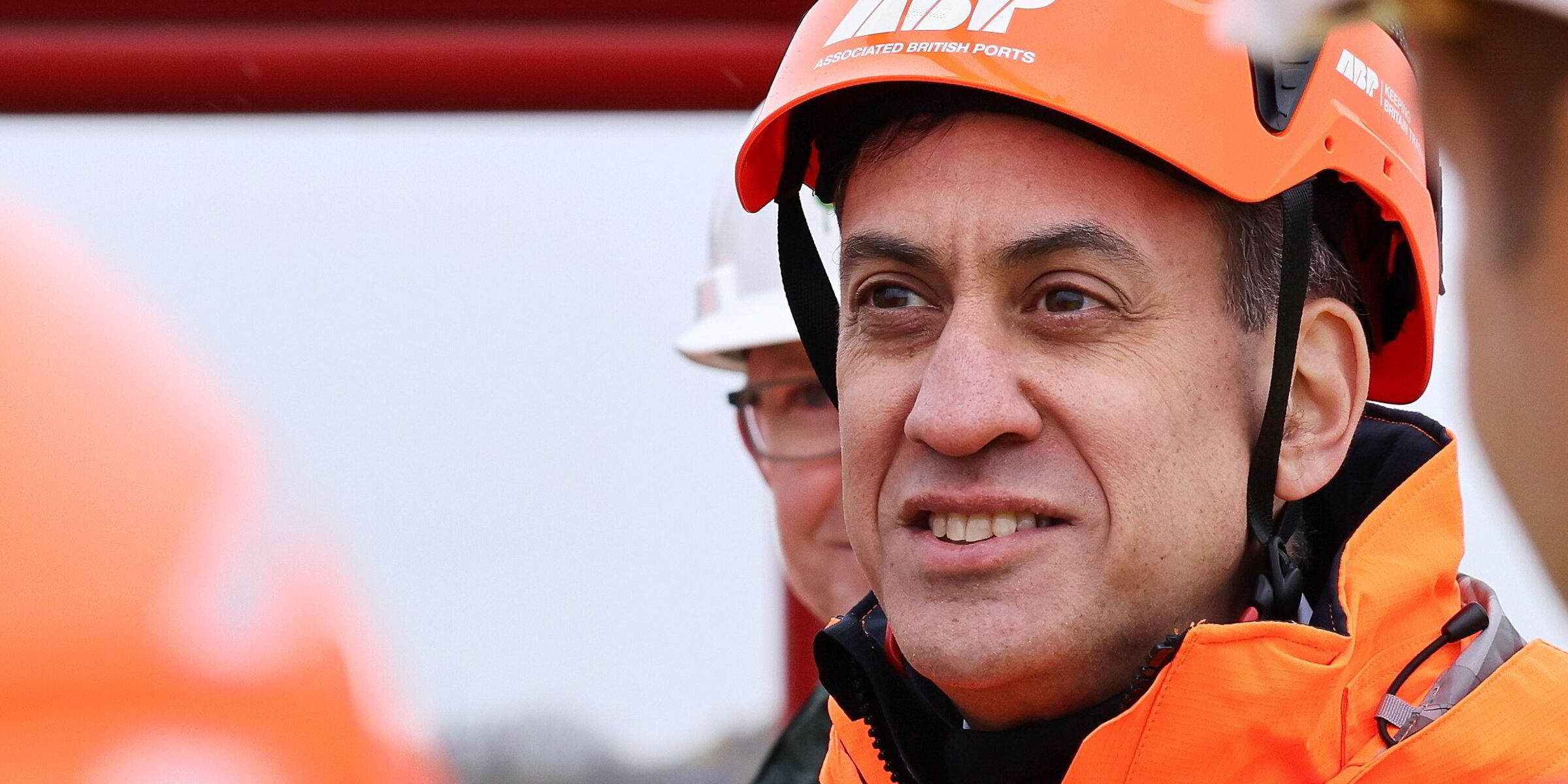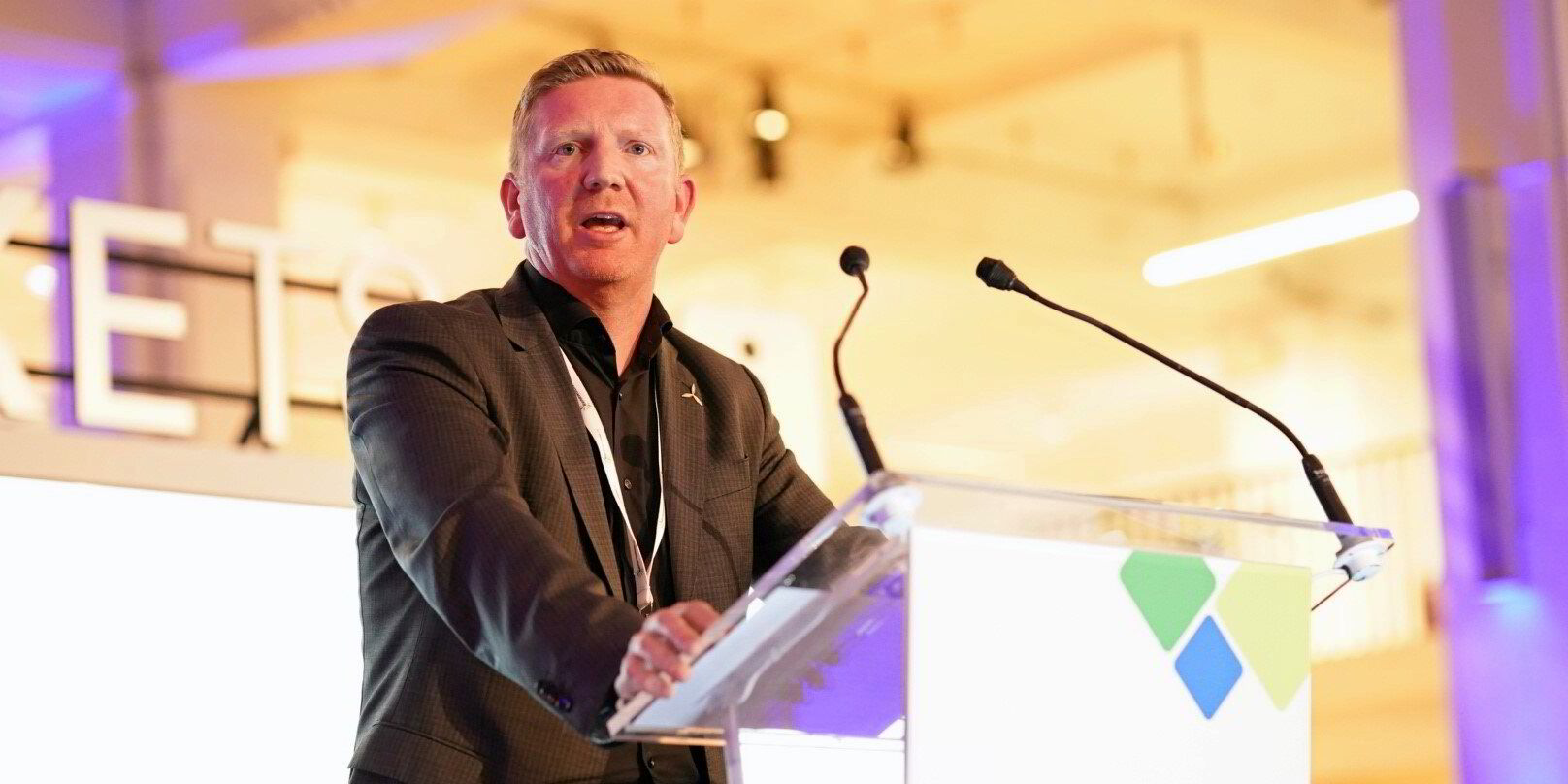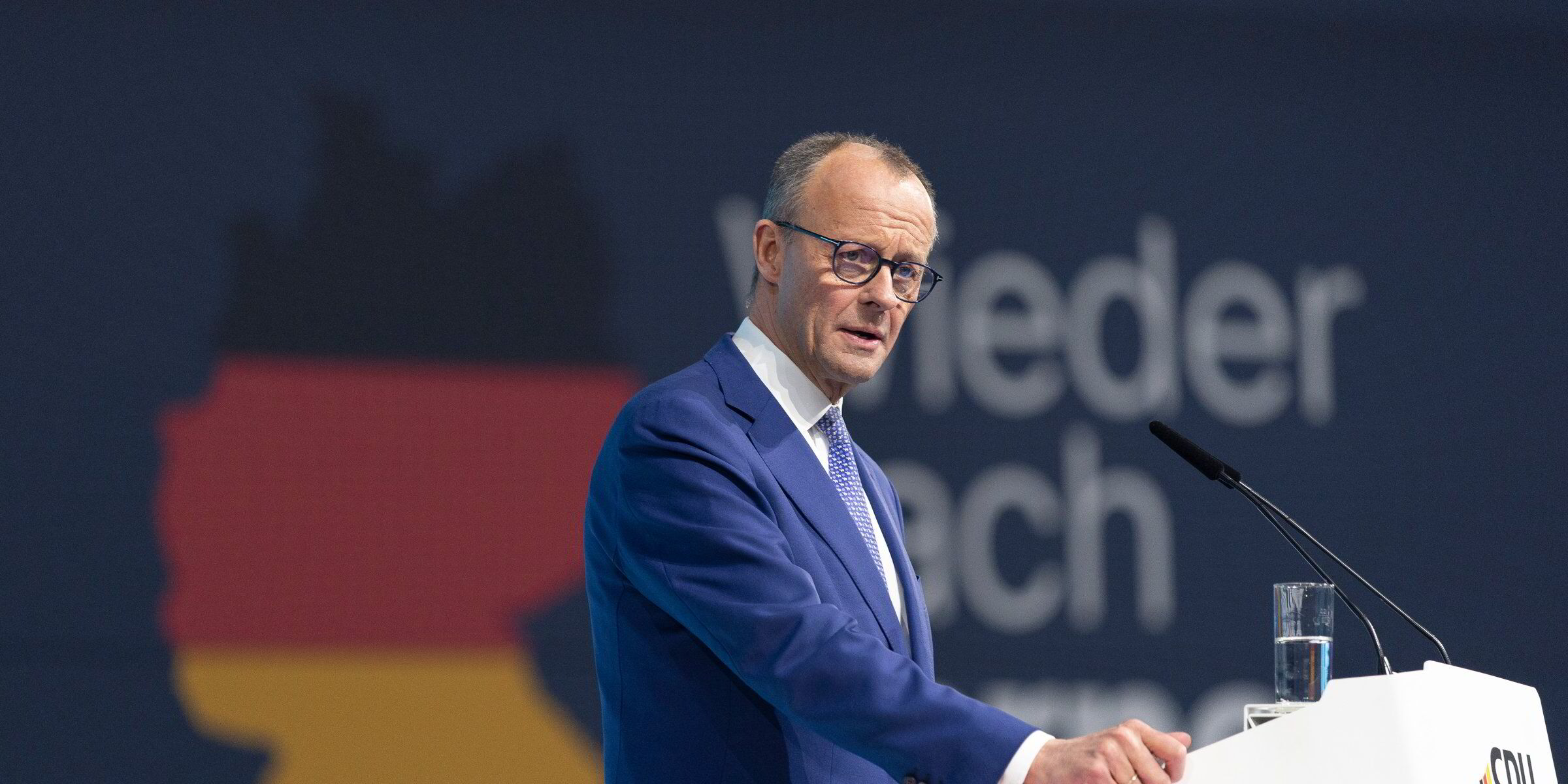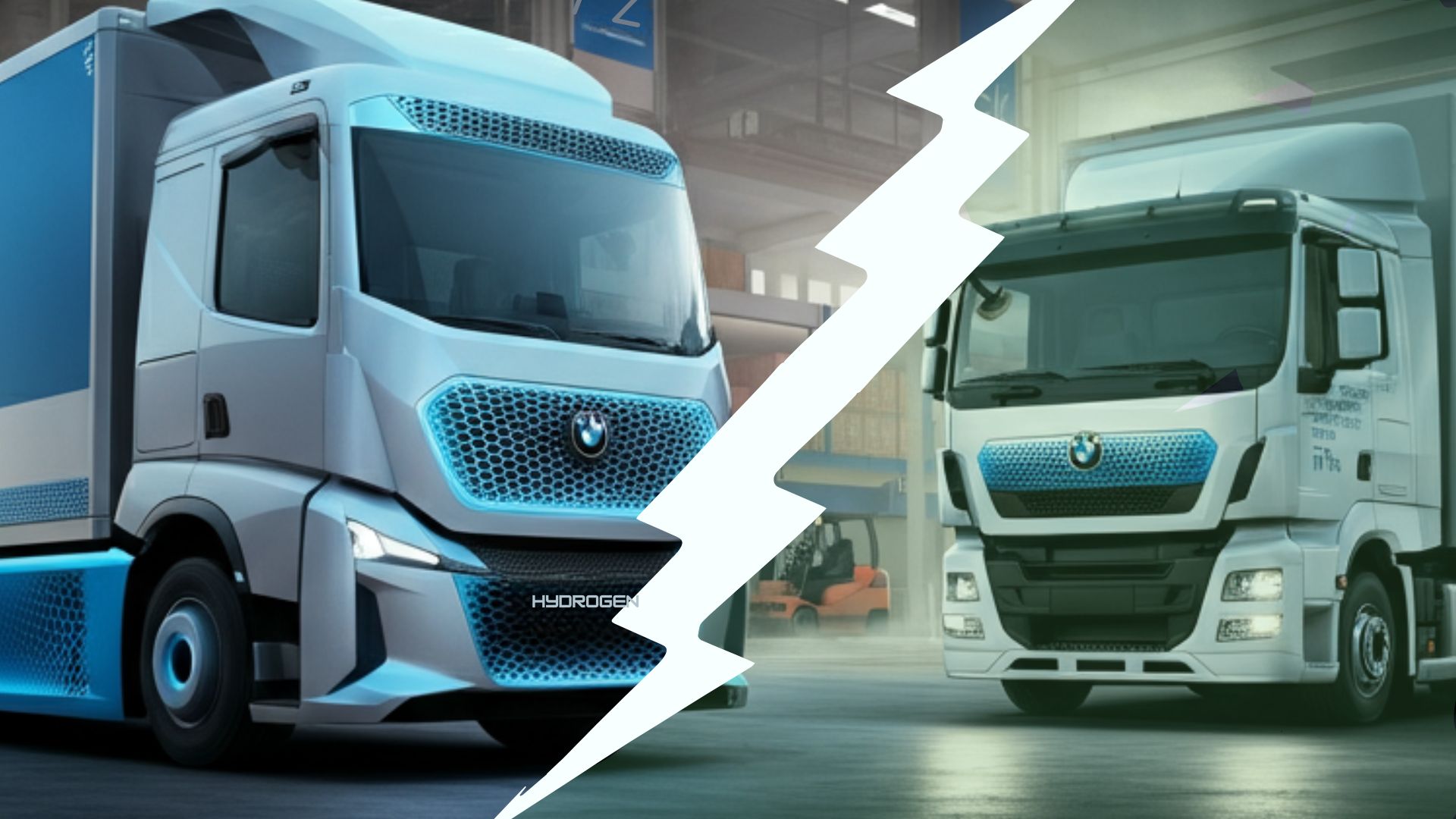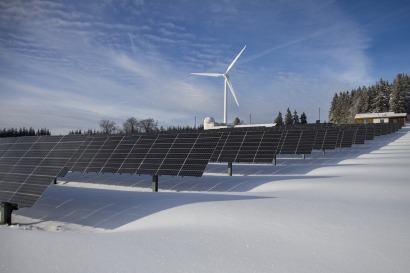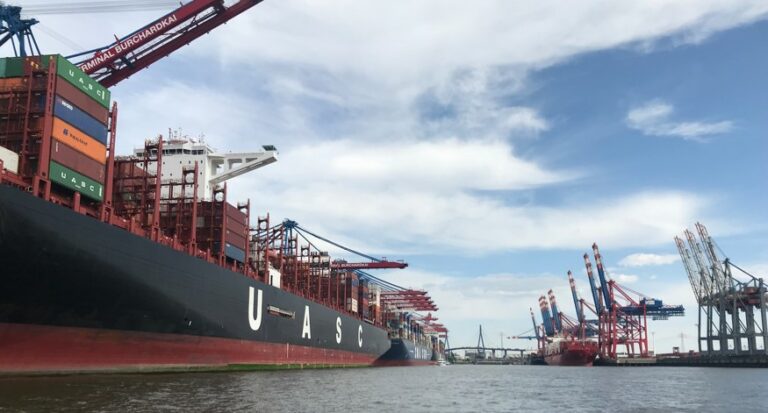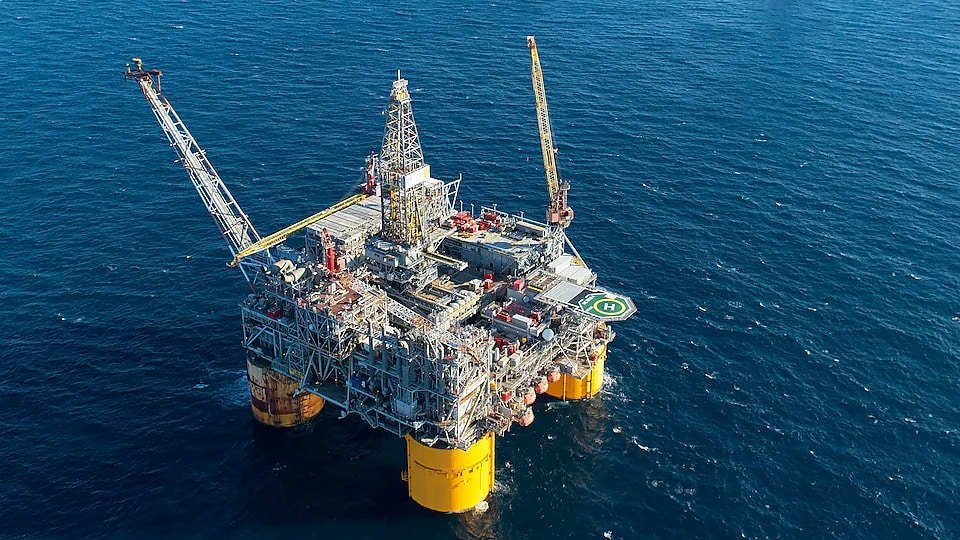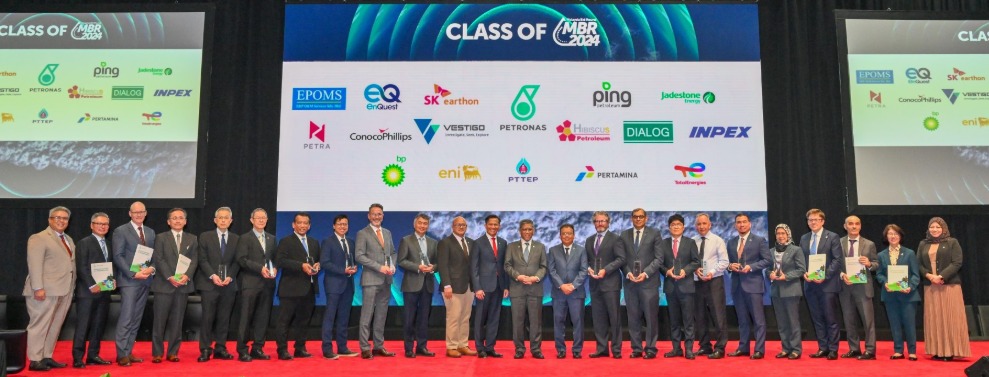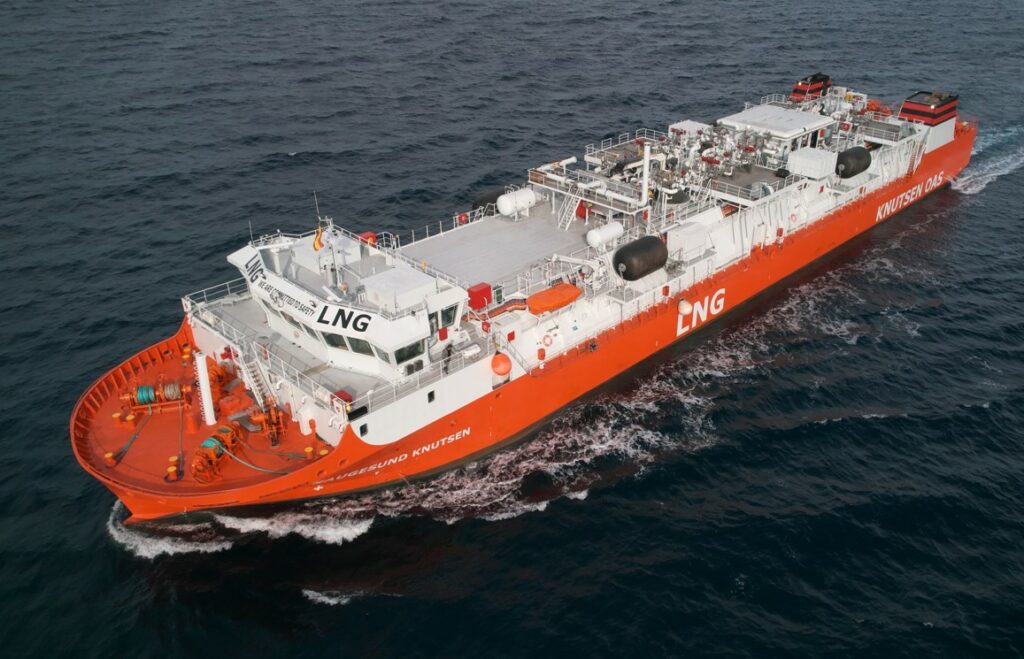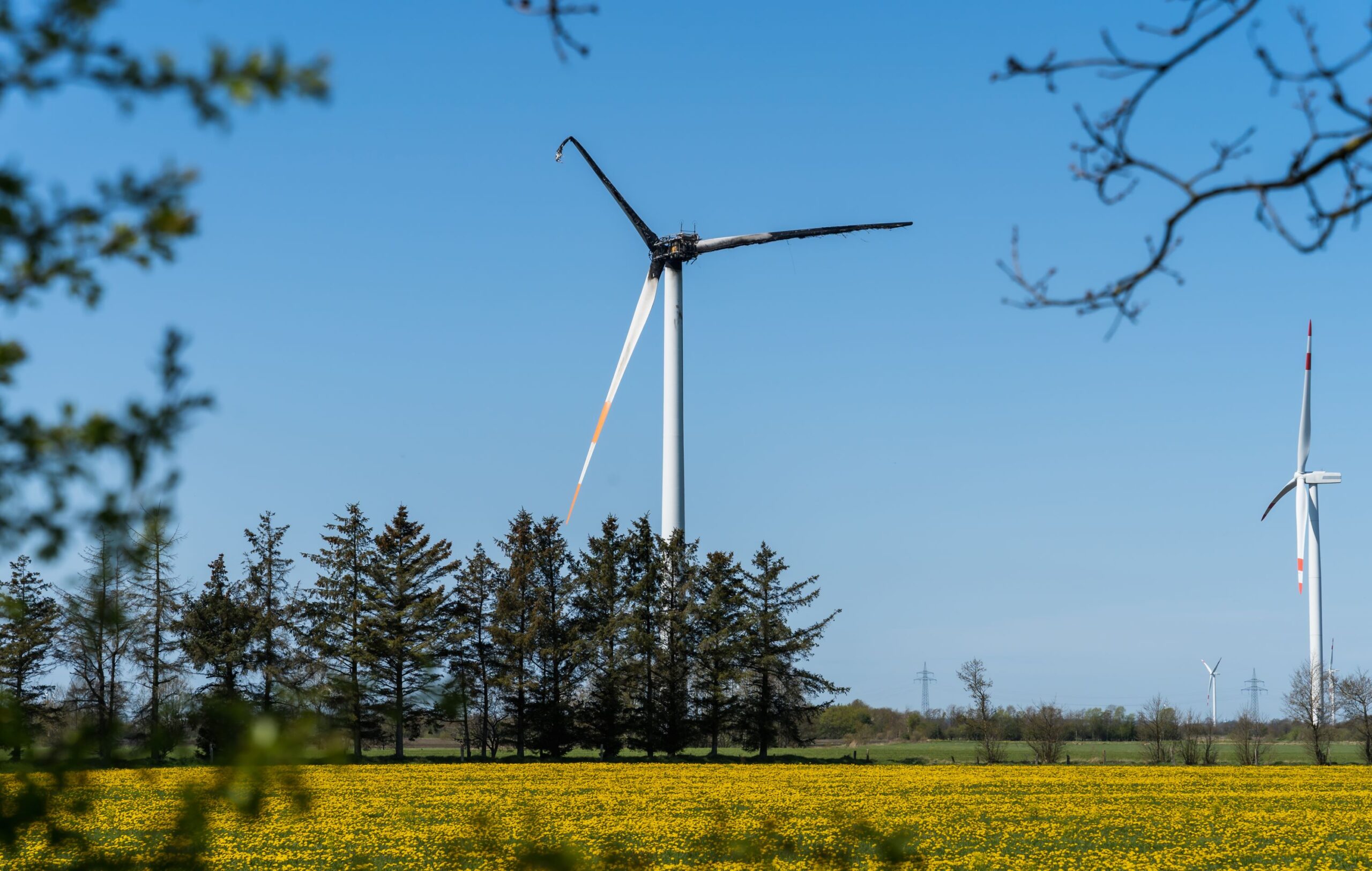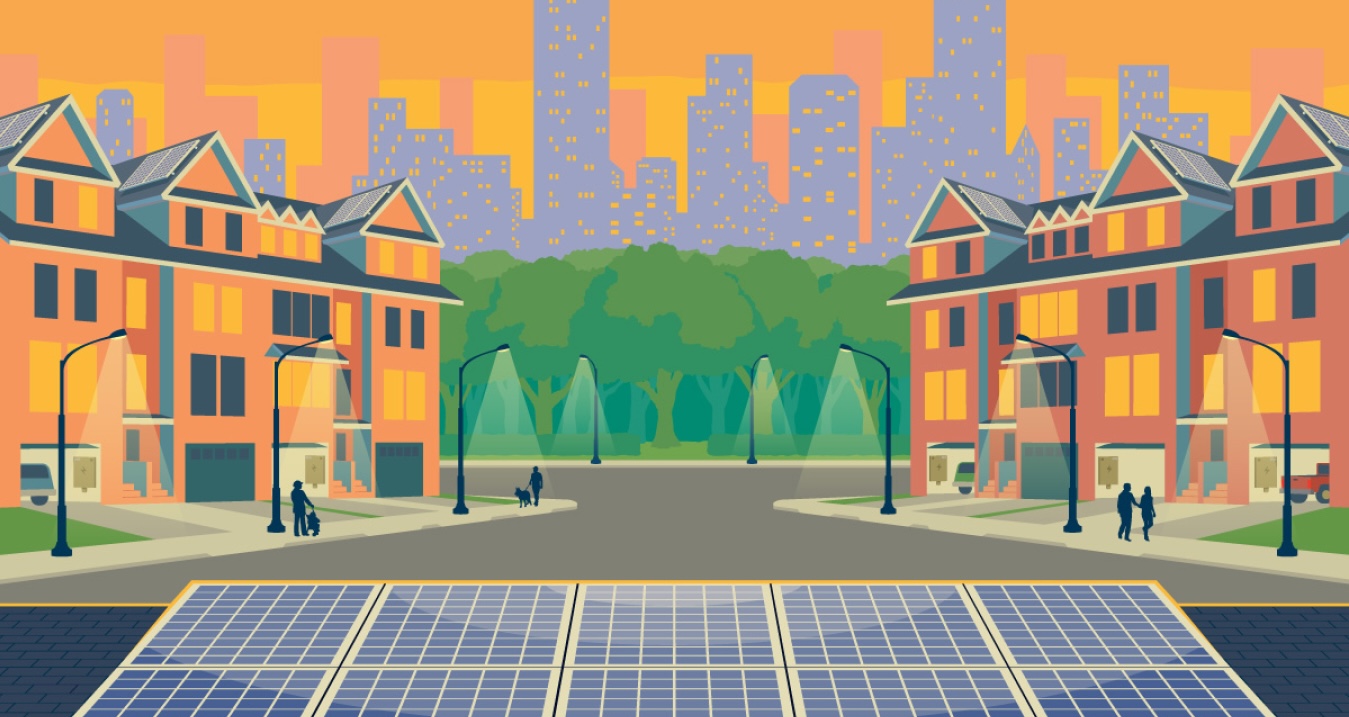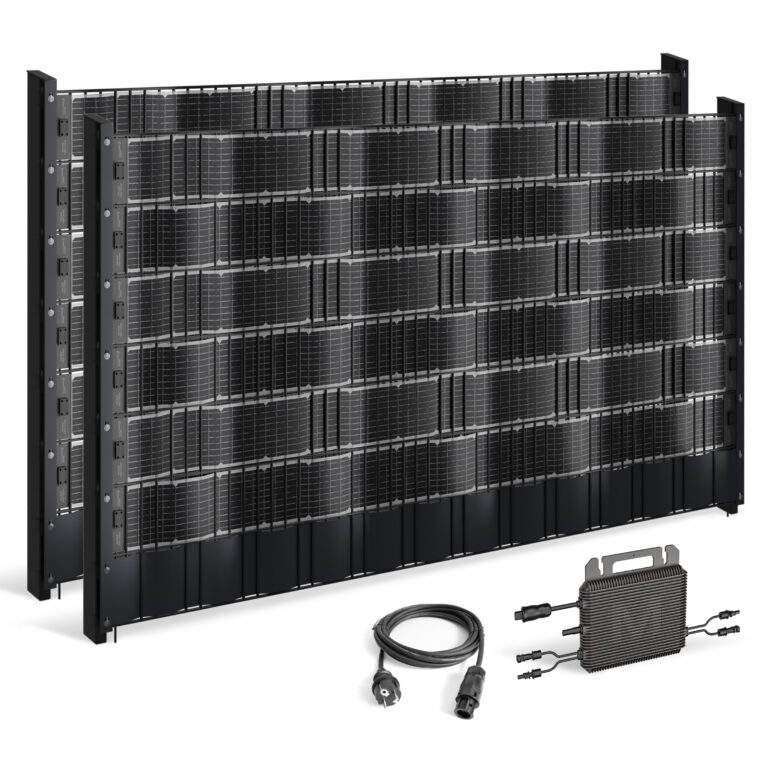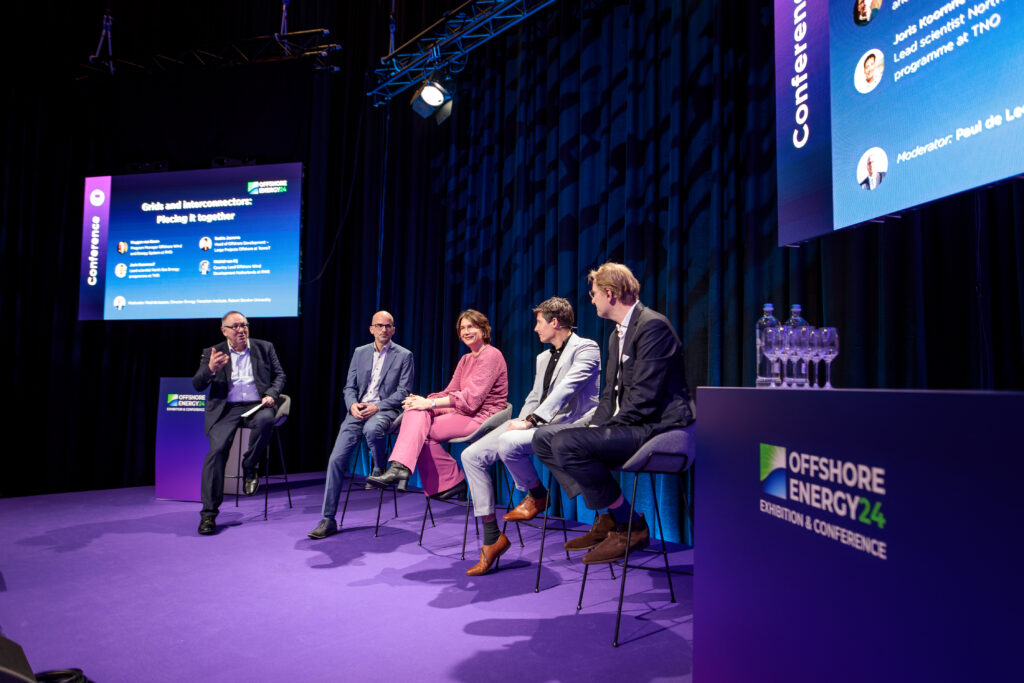Bankrupt but Not Forgotten: Nikola’s Legacy in Hydrogen and EV Innovation
Nikola Corporation Files for Bankruptcy, Marking a New Chapter in Electric Vehicle Industry Nikola Corporation, once a darling of Wall…

Nikola Corporation Files for Bankruptcy, Marking a New Chapter in Electric Vehicle Industry
Nikola Corporation, once a darling of Wall Street and a pioneer in sustainable transportation, has filed for Chapter 11 bankruptcy protection. The Phoenix-based company announced it would pursue an auction and sale process of its assets, pending court approval. With about $47 million in cash on hand, Nikola intends to fund limited operations during the bankruptcy process, including maintaining certain hydrogen fueling stations and truck support services until March 2025.
CEO Steve Girsky expressed his gratitude for the efforts of employees and the company’s progress with zero-emissions technology but acknowledged that market conditions and financial hurdles had overwhelmed their extensive recovery efforts. The decision to file for bankruptcy, according to Girsky, is the best way to maximize value for stakeholders while navigating a path forward.
From Industry Leader to Court Filing
Nikola’s story was once a thrilling example of innovation in the electric vehicle (EV) industry. At its peak in 2020, the company boasted a valuation of over $30 billion, surpassing even automotive giant Ford Motor. Nikola forged major deals with companies like General Motors and led the movement of EV startups going public through special purpose acquisition companies (SPACs).
However, Nikola’s fall was swift and marked by controversy. The company’s founder and former CEO, Trevor Milton, faced fraud charges and was later convicted in 2022 of misleading investors about Nikola’s operations and capabilities. The subsequent release of a damning report by Hindenburg Research further tarnished Nikola’s reputation, leading to legal battles and wavering investor trust.
Although Nikola introduced both battery-electric and hydrogen fuel cell electric trucks in 2022, the production volume remained limited. Of the 600 vehicles manufactured, many were recalled due to defects, incurring significant financial losses. Adding to its challenges, Nikola struggled to secure consistent funding to sustain operations, leaving it unable to meet long-term cash needs beyond early 2025.
Balancing Innovation with Financial Realities
Despite the setbacks, Nikola made notable strides in zero-emissions technology. The company successfully delivered the first commercially available hydrogen fuel cell electric Class 8 trucks in North America and rolled out its HYLA hydrogen refueling infrastructure. These innovations highlighted Nikola’s ambition to lead the way in decarbonizing freight transportation.
According to Girsky, customers have accumulated over 3.3 million miles using Nikola’s trucks, and the HYLA network has dispensed more than 330 metric tons of hydrogen, a remarkable achievement in the clean energy sector. Yet these advancements weren’t sufficient to counterbalance the financial strain caused by operational costs, market volatility, and the broader challenges in the EV industry.
The Road Ahead for Nikola’s Sale Process
Nikola’s bankruptcy filing and sale process signify a pivotal moment in its tumultuous history. The company plans to market its assets to strategic and financial buyers who see value in its existing technologies and infrastructure. Under the proposed bidding procedures, interested parties could submit binding offers to acquire key assets, such as its hydrogen technology, refueling stations, or intellectual property.
While a successful sale could spell a softer landing for Nikola, it also underscores a recurring theme in the EV space—many startups have struggled to scale their technology and meet ambitious profit goals. Market conditions, competition, and high capital costs have frequently hindered the viability of newer companies, regardless of their technological merit.
What We Can Learn and Apply from Nikola’s Technology
Nikola’s trajectory has been one of highs and lows, but its innovations in zero-emissions transportation remain noteworthy. Hydrogen fuel cell technology, for example, holds tremendous potential for industries where traditional electrification faces obstacles. Long-haul trucking, industrial machinery, and remote energy applications can all benefit from hydrogen-powered solutions.
While Nikola’s challenges may cast doubt on the immediate future of hydrogen vehicles, the technology itself remains viable and promising. For businesses, government agencies, and individuals exploring clean energy options, there’s an opportunity to adopt elements of Nikola’s approach today. Hydrogen refueling hubs can support commercial fleets aiming to reduce their carbon footprints. Similarly, partnerships between technology developers and manufacturers can streamline advancements in zero-emissions transportation.
Looking ahead, further development of hydrogen-powered infrastructure could address current limitations. By reducing production costs and improving refueling efficiency, clean hydrogen could play a prominent role in achieving global sustainability goals. Policymakers and companies alike must focus on creating ecosystems that make the adoption of renewable technologies more accessible and affordable.
Ultimately, Nikola’s story illustrates both the challenges and opportunities of transitioning to cleaner energy solutions. It’s a reminder that while innovation is critical, scaling that innovation sustainably is just as important. Even amidst the setbacks, the foundational work done by companies like Nikola paves the way for a greener, more resourceful future.
What's Your Reaction?







